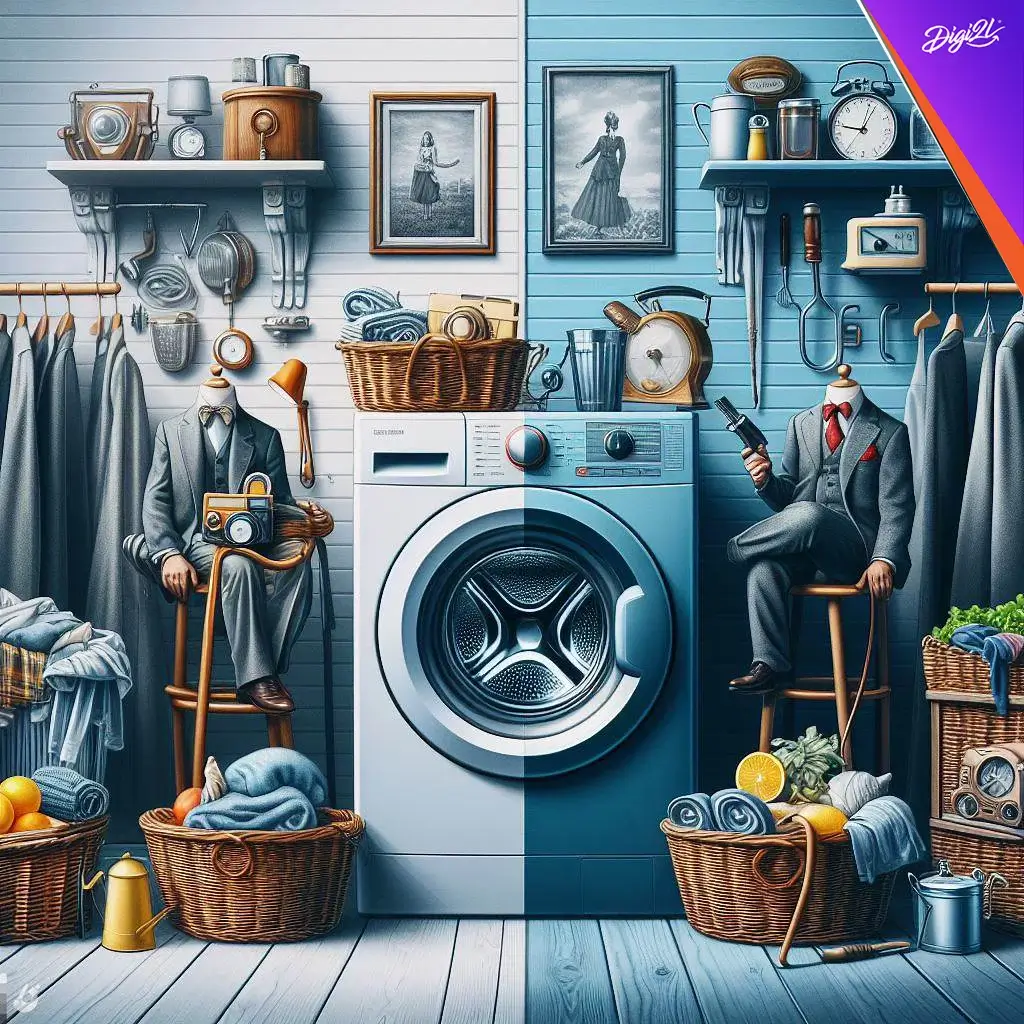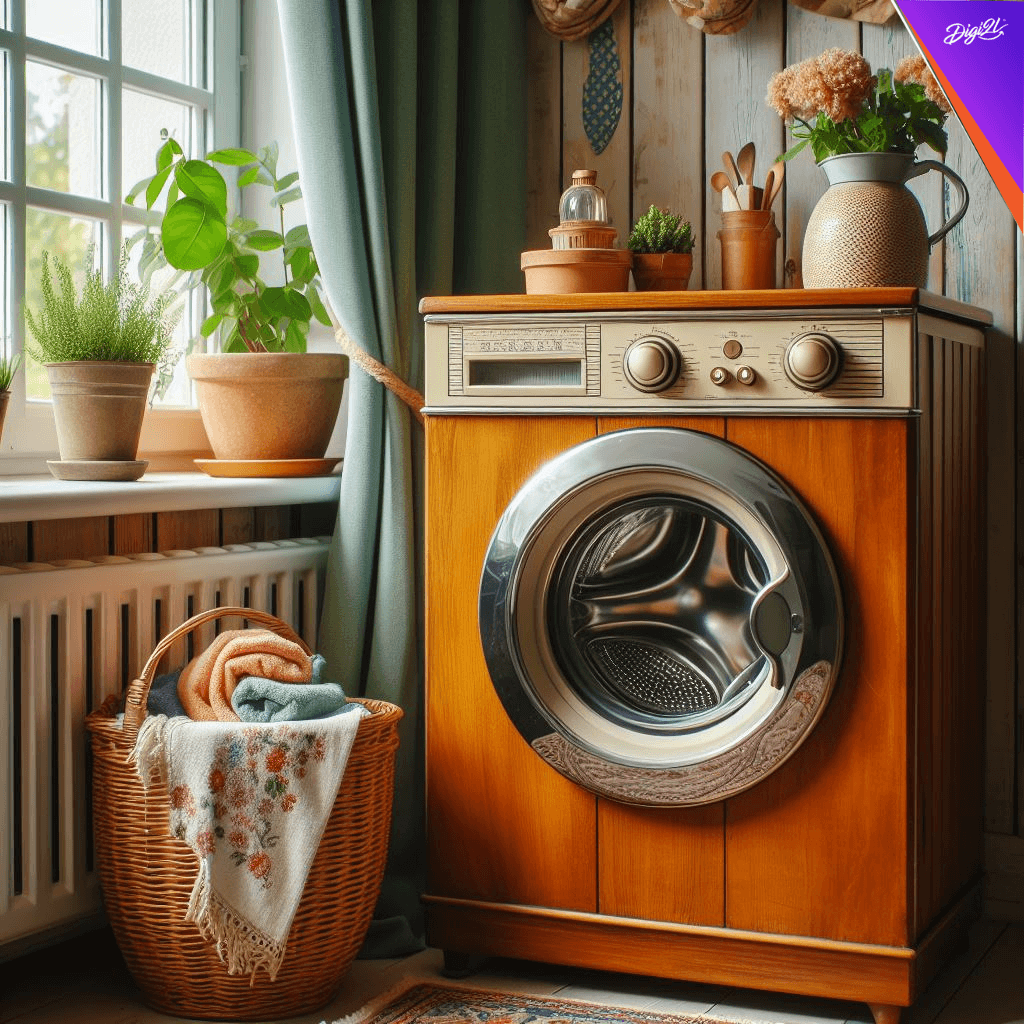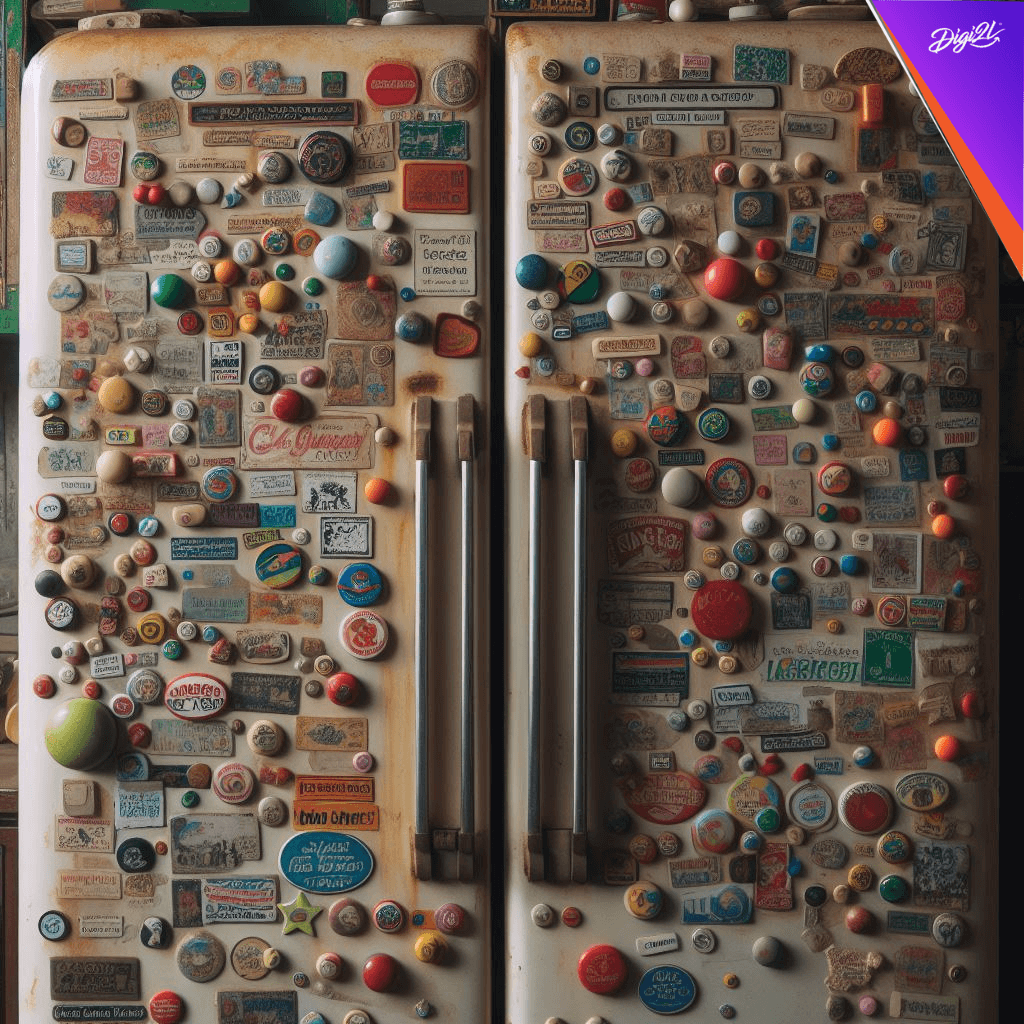
Please Wait ...

Please Wait ...
Enquiry






Curently We are Not Serviceable In this Pincode
91 Springboard, Business Hub, Godrej & Boyce, Gate No. 2, LBS Marg, Vikhroli West, Mumbai, 400079
91 Springboard, Business Hub, Godrej & Boyce, Gate No. 2, LBS Marg, Vikhroli West, Mumbai, 400079
91 Springboard, Business Hub, Godrej & Boyce, Gate No. 2, LBS Marg, Vikhroli West, Mumbai, 400079
91 Springboard, Business Hub, Godrej & Boyce, Gate No. 2, LBS Marg, Vikhroli West, Mumbai, 400079
91 Springboard, Business Hub, Godrej & Boyce, Gate No. 2, LBS Marg, Vikhroli West, Mumbai, 400079
91 Springboard, Business Hub, Godrej & Boyce, Gate No. 2, LBS Marg, Vikhroli West, Mumbai, 400079
91 Springboard, Business Hub, Godrej & Boyce, Gate No. 2, LBS Marg, Vikhroli West, Mumbai, 400079
91 Springboard, Business Hub, Godrej & Boyce, Gate No. 2, LBS Marg, Vikhroli West, Mumbai, 400079
91 Springboard, Business Hub, Godrej & Boyce, Gate No. 2, LBS Marg, Vikhroli West, Mumbai, 400079
Min
Max
₹5,000
₹45,000
Suggested Price







Blogs> The Pros and Cons of New vs. Old Washing Machines

The blog provides a thorough comparison between new and old washing machines, aiming to assist readers in making well-informed decisions that align with their preferences and requirements. It traces the evolution of washing machine technology from manual to fully automatic models, highlighting the advancements in features and functionality. New washing machines offer numerous benefits, including energy and water efficiency, advanced features, gentler treatment of clothes, and space-saving designs, catering to the needs of modern consumers seeking convenience and sustainability. However, they come with higher initial costs, potential repair complexities, and reliance on electricity, posing considerations for buyers. On the other hand, old washing machines are praised for their durability, reliability, simplicity, and ease of repairs, appealing to individuals valuing longevity and straightforward operation. Yet, they tend to consume more water and energy, have limited features, and require more space, presenting challenges for those accustomed to modern conveniences. Ultimately, the choice between new and old washing machines depends on individual preferences, budget constraints, and lifestyle factors. While modern appliances offer advanced technology and efficiency, traditional models provide reliability and affordability. Readers are encouraged to carefully weigh the pros and cons before making a decision that suits their needs best. For those looking to sell their old washing machines, the blog recommends Digi2L as a convenient platform to convert unwanted appliances into cash. Whether embracing modern technology or passing on reliable companions, Digi2L offers a sustainable solution for both financially and environmentally conscious individuals.
The decision to invest in a washing machine is often accompanied by the dilemma of choosing between a new, modern appliance and a tried-and-true older model. As technology continues to advance, newer washing machines promise cutting-edge features and efficiency, while older models evoke nostalgia and reliability. In this blog, we will delve into the pros and cons of new and old washing machines, helping you make an informed decision that suits your needs and preferences.
To appreciate the differences between new and old washing machines, let’s take a brief trip down memory lane. Washing machines have come a long way since their inception, transitioning from manual labor to semi-automatic and finally to fully automatic machines. Older models were often top-loading, agitator-style machines with basic functionality, whereas contemporary ones boast front-loading designs, digital controls, and a plethora of advanced features.
One of the standout advantages of modern washing machines is their energy efficiency. Newer models often come with Energy Star ratings, indicating that they meet strict energy efficiency guidelines. Advanced technologies such as sensor-driven cycles and improved insulation contribute to reduced energy consumption, saving both the environment and your utility bills.
Modern washing machines are designed to be more water-efficient. High-efficiency front-loading models use less water per cycle compared to their top-loading counterparts, contributing to water conservation. Some models even come equipped with sensors that adjust the water level based on the load size, further optimizing water usage.
The technological advancements in washing machines are staggering. Contemporary models offer a myriad of features, including multiple wash cycles, steam cleaning, built-in water heaters, and customizable settings. Some high-end models are even equipped with smart technology, allowing you to control and monitor your washing machine remotely through a smartphone app.
New washing machines often incorporate designs and technologies that are gentler on clothes. Front-loading machines, for instance, use a horizontal drum rotation, reducing wear and tear on fabrics. Many modern machines also come with special cycles for delicate fabrics, ensuring that your clothes stay in top condition for a longer period.
The sleek and compact designs of new washing machines make them more space-efficient than older models. Front-loading machines, in particular, are stackable, allowing you to save valuable floor space in smaller laundry areas. This can be a significant advantage for those living in apartments or homes with limited laundry space.
The primary drawback of new washing machines is their higher upfront cost. Advanced features and cutting-edge technology come at a price, and consumers should be prepared to invest more initially when opting for a modern appliance. However, it’s essential to weigh this cost against the potential long-term savings in energy and water bills.
The more advanced the technology, the greater the potential for complications. New washing machines, with their digital controls and intricate components, may be more challenging to repair. While many come with warranties, repairs outside the warranty period can be costly, and finding technicians familiar with the latest technology might also pose a challenge.
Modern washing machines rely heavily on electricity, and power outages or electrical issues can disrupt their operation. In contrast, older models, being more mechanically driven, may continue to function even during power outages, making them more resilient in certain situations.
One of the key advantages of older washing machines is their reputation for durability and reliability. Many of these machines were built with robust materials and simpler mechanical components, contributing to a longer lifespan. Some families even boast about their decades-old washing machines that continue to churn away without a hitch.
Older washing machines are often praised for their simplicity. With manual controls and fewer features, they are straightforward to operate. This simplicity not only makes them user-friendly but also reduces the likelihood of technical malfunctions. For those who prefer a no-frills approach to laundry, an older model might be the perfect fit.
When it comes to repairs, older washing machines have an edge. Their mechanical components are generally easier to access and fix compared to the electronic components of modern machines. Additionally, replacement parts for older models are often more readily available, contributing to lower repair costs.
The initial cost of purchasing an older washing machine is typically lower than that of a new one. For budget-conscious consumers or those looking for a temporary solution, a well-maintained, second-hand washing machine can be a cost-effective alternative.
One of the major drawbacks of older washing machines is their inefficiency when it comes to water and energy consumption. Traditional top-loading models tend to use more water per cycle, and their agitator-style washing action may be harsher on clothes. This can lead to higher utility bills over time.
Compared to their modern counterparts, older washing machines lack a plethora of features and wash cycles that cater to specific needs. If you’re looking for customizable settings, steam cleaning, or specialized cycles, you may find these options lacking in an older model.
Older washing machines, especially top-loading models, tend to be bulkier and take up more floor space. This can be a disadvantage for those with limited laundry room space, as it may limit your options for arranging and organizing the area.
In the eternal debate between new and old washing machines, the right choice ultimately depends on your individual preferences, needs, and budget. If you prioritize energy efficiency, advanced features, and space-saving designs, a new washing machine may be the perfect fit for your modern lifestyle. On the other hand, if you appreciate durability, simplicity, and a lower initial cost, an older model might be more in line with your preferences.
Consider the long-term costs and benefits, your willingness to adapt to new technologies, and the importance of specific features in your laundry routine. Whether you opt for the sleek sophistication of a new washing machine or the nostalgic reliability of an old one, the goal is the same – clean clothes with minimal hassle.
Now that you’re armed with knowledge about the pros and cons of new and old washing machines, it’s time to make a decision that suits your lifestyle. If you find yourself leaning towards upgrading to a new, technologically advanced model or if you’re ready to part ways with your trusty old companion, consider selling it through Digi2L.
Digi2L offers a hassle-free platform where you can sell your old appliances online and receive cash in return. Embrace the future of laundry technology or give someone else the chance to breathe new life into your reliable old washing machine. Visit Digi2L today to explore your options and turn your unwanted appliance into extra cash. Make a sustainable choice, both for your pocket and the environment. Happy washing!

By Digi2L - April 27, 2024

By Digi2L - April 26, 2024

By Digi2L - April 25, 2024